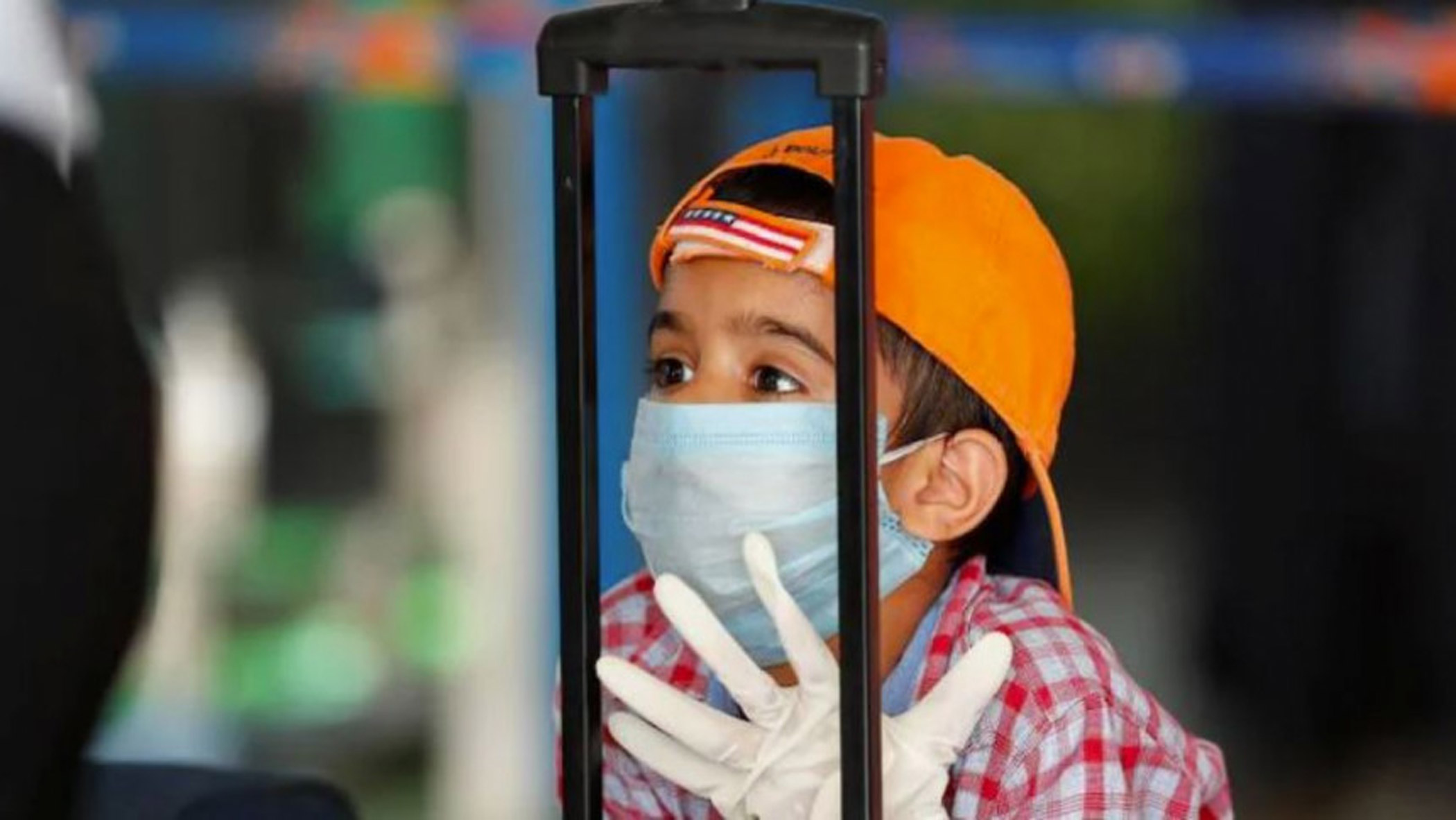Schools can be vital to children’s mental well-being

According to the Centers for Disease Control and Prevention (CDC) of the US, mental health "includes our emotional, psychological, and social well-being. It affects how we think, feel, and act. It also helps determine how we handle stress, relate to others, and make healthy choices." October 10 marked World Mental Health Day, the overall objective of which is to "raise awareness of mental health issues around the world and to mobilise efforts in support of mental health," as per the World Health Organization (WHO). This year's theme for the day was "Make mental health and well-being for all a global priority." This must include children as it is important for them to be aware of this issue and know how to take care of their own mental health and well-being.
Students spend about one-third of their day in school, and this makes schools an opportune place to teach about mental health as well as offer support to other students. There are several ways in which students may be equipped with knowledge about mental health, know how to protect it, and have the provision for the right kind of support when needed. Schools require dedicated teaching and learning topics related to mental health and well-being, as well as mental illnesses. Our core responsibility is to offer a holistic approach towards education – one that includes academic and physical education, arts, and social and emotional learning components. The social and emotional learning topics can include resilience, emotional intelligence, decision-making, and healthy relationships.
School schedules and practices must allow students to take brain breaks regularly. We should also create a safe space and have trained mental health professionals available to students for counselling services. Schools can establish peer counselling programmes that allow students to meet with other students and talk about their problems. Consequently, we should also keep educating all staff members to recognise basic indicators of poor mental health and equip them with suggestions as to how they can support students in their classrooms.
Schools have a role to play in promoting and supporting positive mental health and well-being in children. One way to do this would be to implement a three-tier approach. Firstly, schools must promote a healthy lifestyle for all. Secondly, services should be provided for students who are identified to be at risk for mental health problems. Thirdly, specific services should be made available for students who have mental health concerns. Schools would need to have screening systems and tools in place to identify students who fall in the second and third tiers. These can be informal in-house tools like maintaining and analysing behaviour incidents and attendance. Another option can be formal validated screening tools, such as the Behavioural and Emotional Screening System (BESS). BESS is an instrument designed to provide reliable information on the behavioural and emotional strengths and weaknesses of children aged 3-18 years.
There are several other ways we can protect the positive mental well-being of students. To begin with, we can encourage them to lead a balanced lifestyle that combines school work, play, physical activity, socialising, and downtime. We can promote healthy choices like getting enough sleep, eating a balanced diet, and choosing quality friends. Smoking, vaping, drugs, and/or drinking must be discouraged, and instead we should promote healthy coping skills when one is experiencing stress and pressure. Additionally, it is important to encourage meaningful connections with family members, friends, and the community. Finally, students must be reminded that there is no shame in asking for help when needed.
The Covid-19 pandemic has highlighted the need for prioritising our mental health and well-being. Continuous lockdowns and restrictions in almost every country in the world for varying lengths of time have greatly impacted our mental health and well-being. In Bangladesh, students were away from in-person school for about 18 months; young children, adolescents, and teenagers were not spared from the negative impacts on their well-being. The relevant stakeholders must work together to put measures in place that promote access to mental health services for all children. Research shows that when students have access to quality mental health services and support, they are more likely to be successful and productive, which leads them to do better in school and be positive, contributing members of society.
Sekai Chitaukire is secondary social-emotional counsellor at the International School Dhaka (ISD).



 For all latest news, follow The Daily Star's Google News channel.
For all latest news, follow The Daily Star's Google News channel. 


Comments